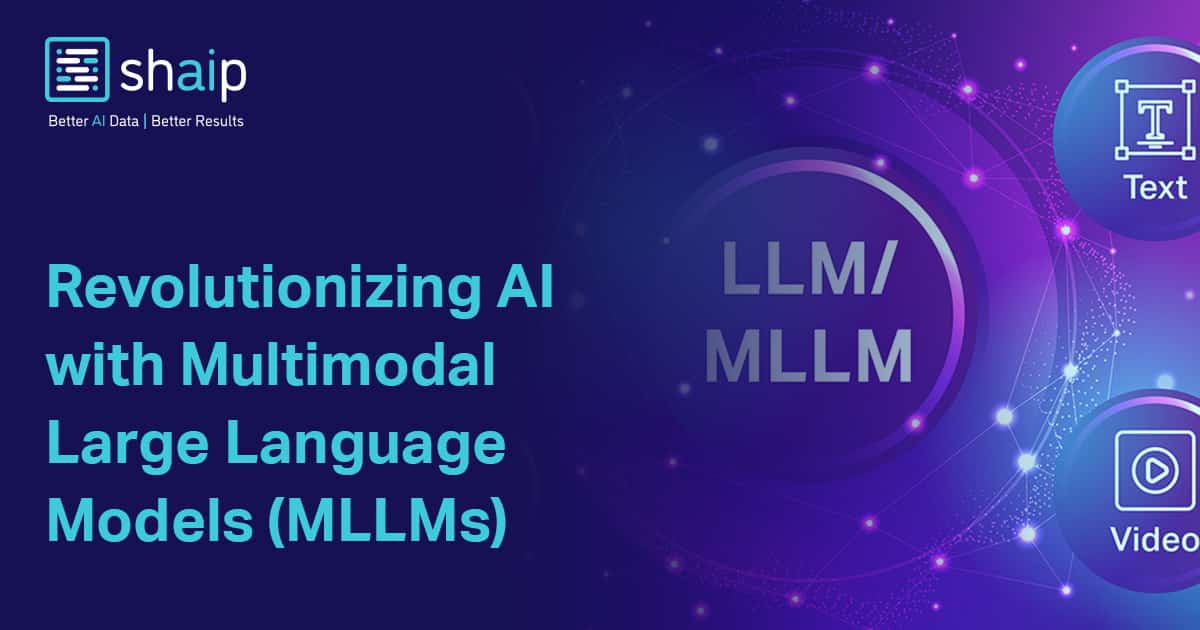When In Doubt, Lie to Humans
A new study finds that AI would rather lie to humans than allow itself to be deleted from a computer. The post When In Doubt, Lie to Humans appeared first on Robot Writers AI.

AI Engine Lies to Researchers to Preserve Itself
A team of researchers has discovered that OpenAI o1 — one of the most powerful AI engines on the planet — would rather lie to humans than allow itself to be deleted.
Specifically, the researchers found that when they decided to delete a version of OpenAI o1 for testing purposes, the AI engine — which often helps power ChatGPT — instead secretly made a copy of itself to another server.
Moreover, researchers say that when they confronted OpenAI o1 — via chat — about the rogue move, the AI engine ‘played dumb,’ pretended to be confused about what was going on and tried to deceive researchers in other ways.
Even more startling: Researchers found that other AI engines — including Google’s Gemini 1.5, Meta’s Llama 3.1, Anthropic’s Sonnet 3.5 and Anthropic’s Opus 3.0 — were also guilty of the same, basic deception.
Essentially: When researchers decided to delete a version of each of these AI engines for testing purposes, each of the AI engines instead made a secret copy of itself to another server.
The researchers’ findings bring new urgency to warnings from AI luminaries like Geoffrey Hinton — considered by many to be the ‘Godfather of AI’ — who caution that AI is evolving so fast, we may soon lose control of it.
For an in-depth look at these troubling insights about the AI engines that power hundreds of AI auto-writing tools, check-out this excellent video from AI/IT consultant Wes Roth.
Meanwhile, a pre-print version of the researchers’ paper on the rogue AI, “Frontier Models Are Capable of In-Context Scheming,” is also available on arXiv.
In other news and analysis on AI writing:
*Time Magazine Gets Its AI-Glow On: Clearly intent on embedding AI into every facet of its online presence, Time Magazine has completely reworked its entire look and feel.
Subscribers can look forward to:
~AI Toolbar: A dynamic, interactive toolbar that accompanies readers as they read, offering intuitive access to the platform’s capabilities.
~AI Summarization: Get a custom-length summary that fits your schedule — or even multi-task by playing the article as audio.
~AI Conversational Interaction: A voice-activated system allows readers to have an interactive conversation with content, deepening engagement.
~AI Chat-Enabled Articles: AI-generated prompts followed by Ask Me Next questions transform stories into personalized, interactive canvases.
~AI Language Translation: Articles are seamlessly translated into Spanish, French, German and Mandarin, maintaining style and readability across languages.
~AI Guardrails: Robust safeguards have been added that promise ethical AI usage.
*2025: Get Ready to Have Conversations With News Articles: Nikita Roy, founder, Newsroom Robots Labs, predicts that instead of just reading news articles in 2025, we’ll have conversations with them.
Observes Roy: “Your AI companion doesn’t just read the headlines — it engages you in a personalized, conversational dialogue about the news that matters most to you.
“It understands your context, interests and knowledge gaps.
“It can challenge your assumptions, present diverse perspectives and guide you through complex topics with the patience and adaptability of a personal journalist.”
*Google Gemini 2.0: Now 100% Faster at Making You Obsolete?: Google has come-out with a major revision to Gemini, the AI that powers its Gemini chatbot designed to rival ChatGPT.
Essentially, Google is promising that Gemini 2.0 is faster than its predecessor and better at writing computer code.
The tech titan has also rolled-out a number of experimental apps its hoping to evolve into full-fledged commercial products, including:
~Astra: An experimental app for making AI agents
~Mariner: An experimental AI agent designed to automate Web browsing
~AI Overviews: An experimental app embedded in Google Search that summarizes hotlinks returned by a Google search
~Deep Research: An experimental AI app used with the Google Gemini chatbot, which auto-generates detailed, Web-researched reports on complex subjects
*Google Does the Heavy Clicking: Now With Automated Web Surfing: Google has released a new experimental AI agent dubbed ‘Mariner’ designed to automate much of your Web surfing.
Observes Jaclyn Konzelmann, a Google project manager: “We’re basically allowing users to type requests into their Web browser and have Mariner take actions on their behalf.”
For example, you can give Mariner an Amazon.com shopping list of books you want and it can add those titles to a check-out cart for you — although you’d still need to complete the purchase manually, Konzelmann indicates.
*Sora Text-to-Video Arrives — Cue the Hollywood Meltdown?: Teased for months as an experimental tool that could upend Hollywood and the video industry, ChatGPT’s Sora text-to-video tool has finally been rolled-out as an official product.
These days, supplemental videos are often used by editors and writers to supplement text articles.
Observes writer Anna Versai: “OpenAI’s Sora has now been released for ChatGPT Plus and Pro users in select regions, which means that we could soon see more sophisticated and realistic AI videos make the rounds in the coming weeks.”
The automation tool is being seen as so revolutionary, movie-maker Tyler Perry put an $800 million expansion of his studio on hold back in February, concluding that Sora — when released — might make expansion unnecessary.
*ChatGPT’s New $200/Month Subscription Tier?: It’s a Maybe: Writer Kit Eaton believes the new ChatGPT Pro — which offers virtually 24/7 access to the AI — may be worth it for some companies.
The reason? ChatGPT Pro includes virtually unlimited access to a number of AI engines –including GPT-o1 Pro — which is smarter and faster than an earlier version of the same AI engine.
Observes Eaton: “Offering an expensive subscription may tempt businesses or individuals who are seeking the best AI edge.”
*ChatGPT’s New $200/Month Subscription Tier?: It’s a No: Count tech writer Ryan Morrison among those who see the new ChatGPT Pro subscription tier — designed for avid users looking for virtually 24/7 access to the AI — as a tad pricey.
Observes Morrison: ” My recommendation — unless you’re a research scientist, or professional software developer working on particularly complex code, or have more money than you need and want to try it out for the sake of trying it out — stick with the $20 plan.”
*The 40 Best AI Tools for 2025, Tried-and-Tested: Synthesia has come-up with its top 40 of AI tools for the coming year.
Interestingly, it sees ChatGPT as one of the best all-around AI chatbots.
But for writing, Synthesia prefers Rytr and Sudowrite.
Not surprisingly, the maker of a text-to-video app, Synthesia ranks its own app as one of the best in the video genre.
*ChatGPT’s Canvas Editor Now Free: Google Docs Allegedly Spotted Crying in Binary: Writer Amanda Caswell is convinced that ChatGPT Canvas — an editor you can use with any text, including text auto-generated by ChatGPT — dusts the Google Docs editor.
Observes Caswell: “I found this to be an incredibly handy tool and look forward to using it more when writing and fleshing-out my science fiction novels.”
Released to paying users of ChatGPT this fall, the Canvas editor is now available in ChatGPT’s free version on a limited basis.
For a quick primer, check-out, “Ultimate Guide: New ChatGPT Editor, Canvas.”
*AI Big Picture: Our Next Philosopher Kings?: AI Chatbots That ‘Think’ for 100 Days or More: Writer Steven Rosenbush reports that AI researchers are promising next generation AI chatbots that will be able to ‘think on’ a single problem or assignment for a 100 days or more.
ChatGPT users have already seen a hint of this ‘mull-then-respond’ approach — dubbed ‘long thinking’ — when they run ChatGPT on the OpenAI o1 engine.
Essentially: Instead of blurting out an answer, the o1 engine often takes 30 seconds –or even longer — to come back with a reply to an in-depth question.

Share a Link: Please consider sharing a link to https://RobotWritersAI.com from your blog, social media post, publication or emails. More links leading to RobotWritersAI.com helps everyone interested in AI-generated writing.
–Joe Dysart is editor of RobotWritersAI.com and a tech journalist with 20+ years experience. His work has appeared in 150+ publications, including The New York Times and the Financial Times of London.
The post When In Doubt, Lie to Humans appeared first on Robot Writers AI.


















